20+ SAMPLE Parenting Assessment Plan
-
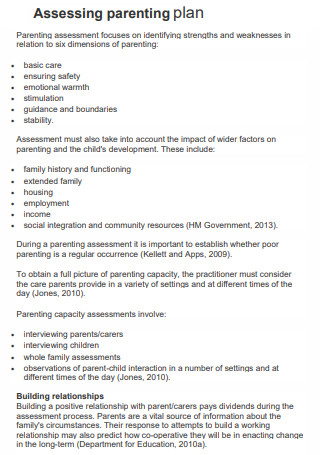
Parenting Assessment Plan
download now -
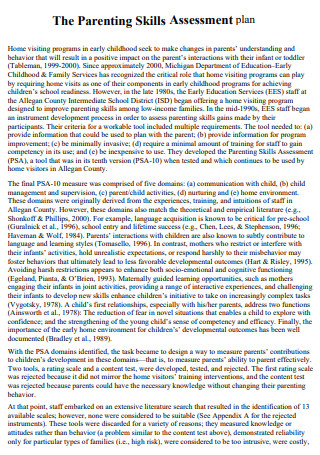
Parenting Assessment Skill Plan
download now -
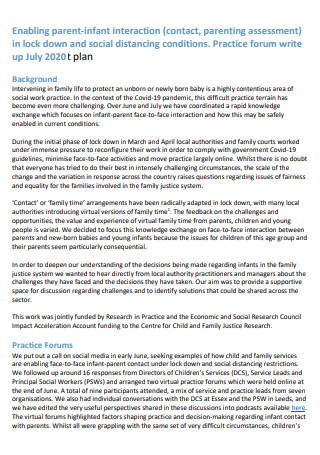
Parenting Assessment Plan in Lockdown
download now -
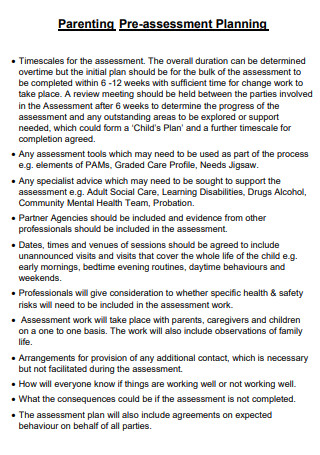
Parenting PreAssessment Plan
download now -
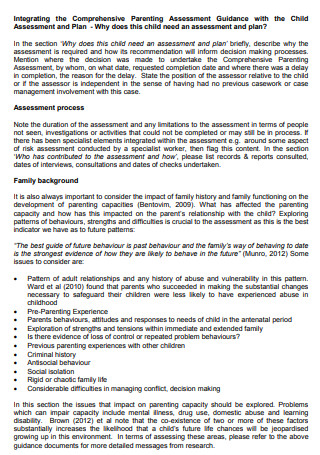
Integrated Parenting Assessment Plan
download now -
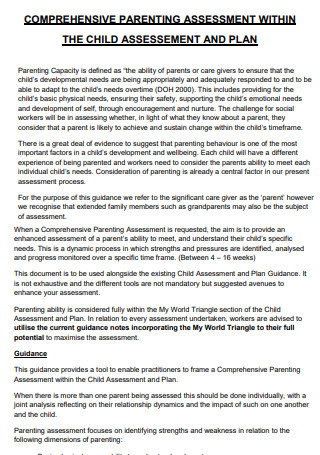
Comprehensive Parenting Assessment Plan
download now -
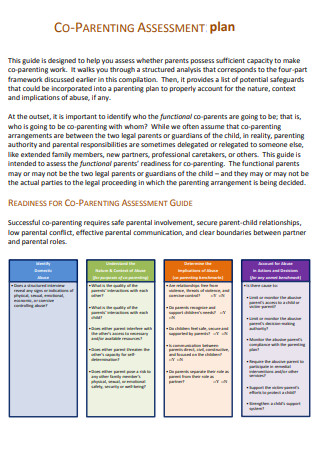
Co-Parenting Assessment Plan
download now -
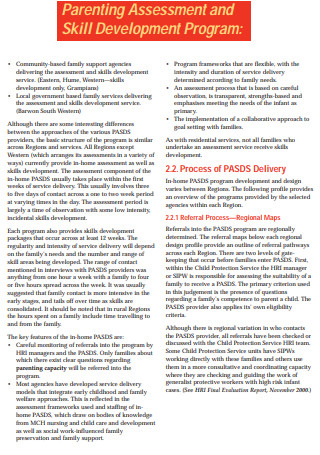
Parenting Assessment Development Plan
download now -
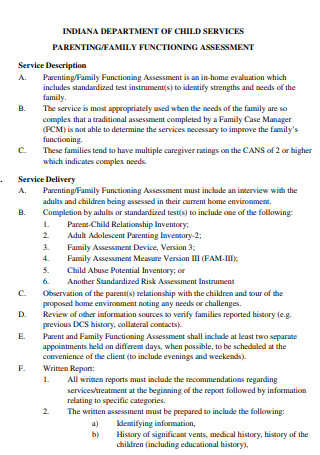
Parenting Functioning Assessment Plan
download now -
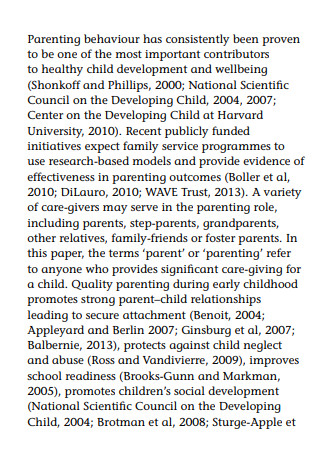
Parenting Assessment Strengthening Plan
download now -
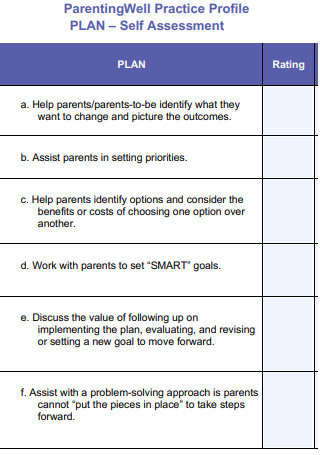
Parenting Self Assessment Plan
download now -
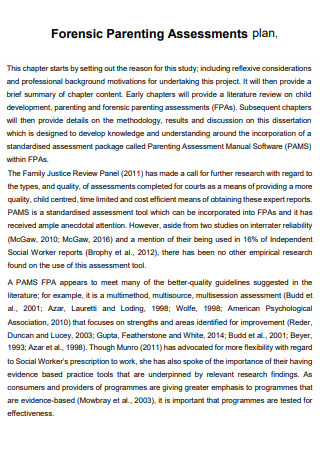
Forensic Parenting Assessment Plan
download now -
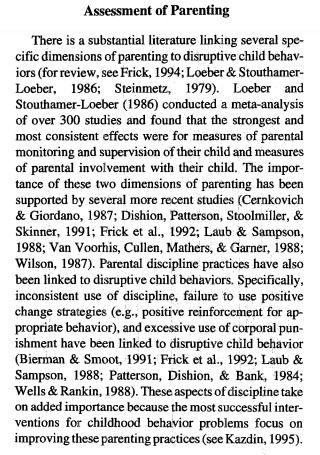
Sample Parenting Assessment Plan
download now -
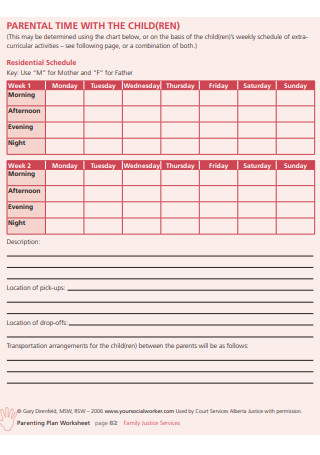
Parenting Assessment Plan Worksheet
download now -
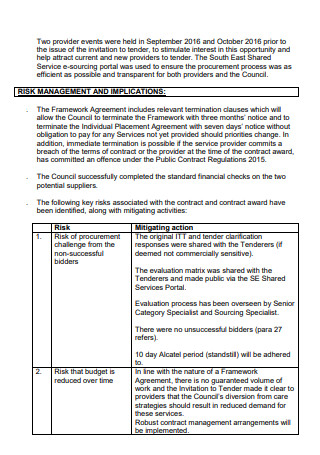
Residential Parenting Assessment Plan
download now -
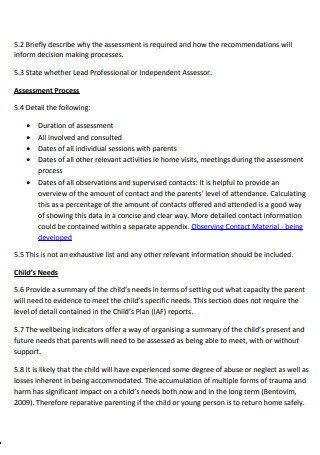
Parenting Capacity Assessment Plan
download now -
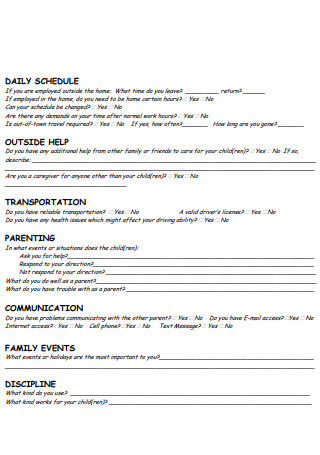
Parenting Assessment Plan Instructions
download now -
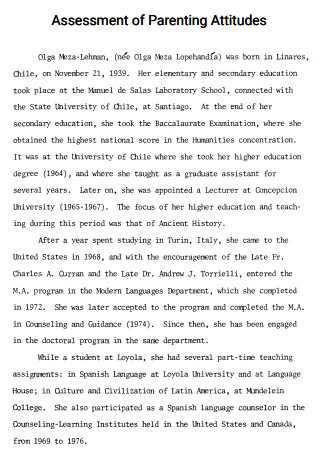
Parenting Attitudes Assessment Plan
download now -
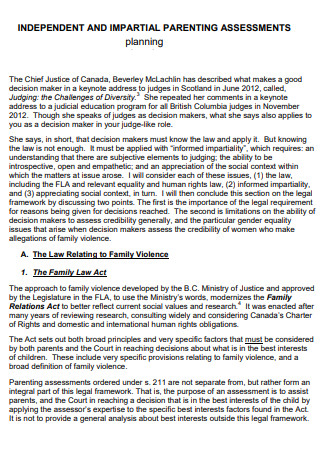
Impartial Parenting Assessment Plan
download now -
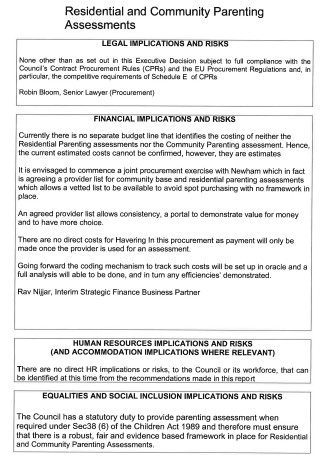
Community Parenting Assessment Plan
download now -
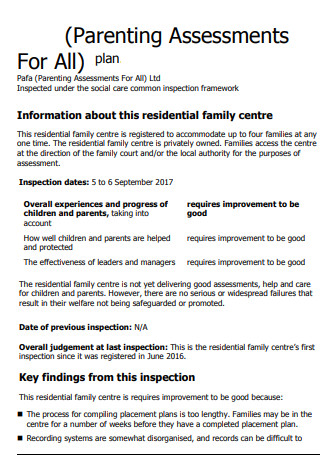
Parenting Assessment Plan Example
download now
What Is a Parenting Assessment?
A parenting assessment is used to determine a parent’s awareness of their child’s needs till they reach adulthood and their capacity to provide ‘good enough care for the child/children. Parents will be questioned about their background and attitudes about parenting during the self-assessment. Additionally, they will be evaluated on how they respond to their child’s challenging behavior. The assessor will watch their emotional connection to their children, their dialogue with them, and their playtime. According to a study, 20% of mothers and fathers have been labeled “terrible parents.”
Benefits of Positive Parenting
To begin, practicing a good parenting guide is highly suggested. The optimal age to start a positive parenting plan is at the baby stage. According to a study, children under the age of one benefit significantly from a positive parenting approach. A positive parenting approach fosters the development of a secure parent-child bond. A stable attachment is associated with favorable developmental outcomes such as self-esteem, trust, and self-competence between parents and children. Thus, it is self-evident that positive parenting should begin as soon as feasible. With this in mind, below are a few of its advantages.
How To Create a Parenting Assessment Plan
At first, Divorce Settlement appears to be a win-lose situation. On paper, one parent may appear to have everything, while the other struggles to make ends meet. On the other hand, the parent who seems to have it all discovers that they have limited time with their children, while the other parent is constantly with them. Whether or not this scenario applies to you, striking a balance between family life, your child’s best interests, emotions, and everything else is critical for any family when developing the ideal parenting plan. Numerous factors must be considered while designing the perfect parenting plan for your family, from schedules and holidays to economics and communication. While your scenario may require you to consider additional factors and actions, these six fundamental phases will assist any parent in developing the ideal parenting assessment plan.
-
Step 1 Recognize the best interests of your child.
The ideal parenting plan should prioritize your child’s best interests. Their best interests include the most vital areas of their lives, such as their physical and emotional demands. You may now have an idea of what is in your child’s best interests, but taking the time to consider them seriously will enable you to construct a “Mind Map” for creating the ideal parenting plan. Each family is unique, and your parenting schedule should be tailored to your family’s particular needs. When Developing A Plan in your child’s best interests, it might be beneficial to address both their physical and emotional requirements. Some parents may also consider their child’s specific wants when determining their child’s best interests. Their age and developmental stage frequently influence the weight given to their wishes. Bear in mind that these are just a few considerations for your child’s best interests when developing your parenting strategy. Cover any other issues that may be unique to your child or family.
-
Step 2 Decide on a parenting schedule that works for you.
Your Parenting Schedule will establish the new pattern for your family and inform everyone about your child’s amount of time with you and your co-parent. It’s a critical component of your parenting strategy. Therefore it’s crucial to establish and adhere to a schedule that works for your family. Also, it’s vital to keep in mind that your parenting routine may change over time to accommodate your child’s growing and changing requirements. A younger child may benefit from frequent visits from both parents, although older youngsters may cope better with fewer frequent changeovers. Parenting regimens with a 50/50 time split work well for some families but are insufficient for others. For people who must adhere to a different schedule, alternating weekends and mid-week visits may be feasible. However, if one parent lives too far away to allow regular visits, you may wish to explore arranging for your child to spend an extended-term with that parent, such as over summer or winter break. Along with your regular parenting routine, don’t forget to include holidays and important events such as birthdays in your planning. Confronting these dates will be much easier if you already have a good plan in place.
-
Step 3 Have a communication strategy in place.
It’s natural to expect that as you relax into your shared parenting routine, you’ll figure out the ideal way to communicate with your co-parent and your children. However, if your child begins to move between homes and you are faced with the challenge of keeping all of their critical information organized and accessible in both places, you may find yourself desiring a more structured mode of communication. Make communication decisions now, not later.
-
Step 4 Determine your strategy for making significant decisions and resolving legal custody issues.
Major life decisions affecting your child should not be taken carelessly. As a result, if you and your co-parent share legal custody, devise a strategy for making joint decisions. You’ll have to make decisions about your child’s education, medical treatment, religious practice, and cultural influences over time. Document your initial choices in your parenting plan, and devise a strategy for communicating about these issues in the future. Have a plan in place for making decisions in an emergency. As much as you want to never be in a scenario where you must make a hasty decision, such as in the event of an injury, it is unquestionably preferable to be prepared if you are.
-
Step 5 Examine your child’s financial situation.
Regardless of the degree to which legal and Physical Custody and parenting obligations are shared between parents, both parents are typically held financially accountable for their kids. Child support is frequently compelled to help cover a child’s essential living expenses plus certain extras, which can be critical if one parent has more financial resources than the other. Make sure you understand the scope of your Child Support payments. It can be beneficial to maintain a running log of child-related expenses to track what was spent. Even if most of those expenses are covered by child support, maintaining this record lets each parent see how much money they spend on their child. Each parent can utilize this information to assist them in managing their Home Finances. Beyond what is covered by child support, develop a strategy for addressing costs that those payments may not cover. Determine how you intend to allocate responsibility for these things and establish a secure way of reimbursing employees when reimbursements are required. While the procedures outlined here cover the majority of what divorcing parents must consider when constructing the ideal parenting plan, you may have additional concerns that are unique to your case. Consult your attorney or family law practitioners with whom you work for individual guidance on your parenting plan.
-
Step 6 Maintain your objectives.
Once your parenting plan is established and implemented, it is critical to keep specific goals in mind to ensure the success of your perfect plan today and in the future. This can assist in imagining how you want your child to look back on this period of their lives. At the same time, there may be traumatic memories associated with adjusting to this new family arrangement, attempt to instill happy memories in your child. Consider your parenting plan as a means to an end, not a tool to demonstrate which parent is more equipped to care for your child. Concentrate your efforts on establishing a cooperative and adaptable co-parenting partnership. Your child deserves to have a robust and healthy relationship with both you and their other parent and collaborating as parents can assist in fostering that relationship. While establishing parenting arrangements following divorce is not always quick or straightforward, you may construct the ideal parenting plan for your family when done correctly.
FAQs
How long does a parenting assessment take?
Depending on your child’s situation, the assessment may take place in your family home, our offices, or another location. Within 45 working days of the referral, this assessment should be completed.
How is a family assessment conducted?
You will undoubtedly be questioned about your relationship with the children and your opinion on what is best. Additionally, the family report writer may gather information about parenting conflicts, previous and current parenting arrangements, each party’s parenting capacity, and any hazards to the children.
What exactly is a mother-baby placement?
A parent and child placement, often known as a mother and baby foster placement, fosters a parent and their kid, frequently a young mother and infant, stay in your home for additional support and direction.
A parenting evaluation does not seek out the ‘ideal parent.’ It is an opportunity for the parent(s) to demonstrate that they can provide adequate care for this particular kid, with assistance if necessary. If you have any problems regarding the process, as a parent, do not hesitate to ask the social worker or the person conducting the assessment. Participation in the parenting assessment process will be seen positively and may mean the difference between a favorable and poor rating. If parents do not participate in a parenting assessment, this will be highlighted in the report, and the Court will take a negative note of it.
